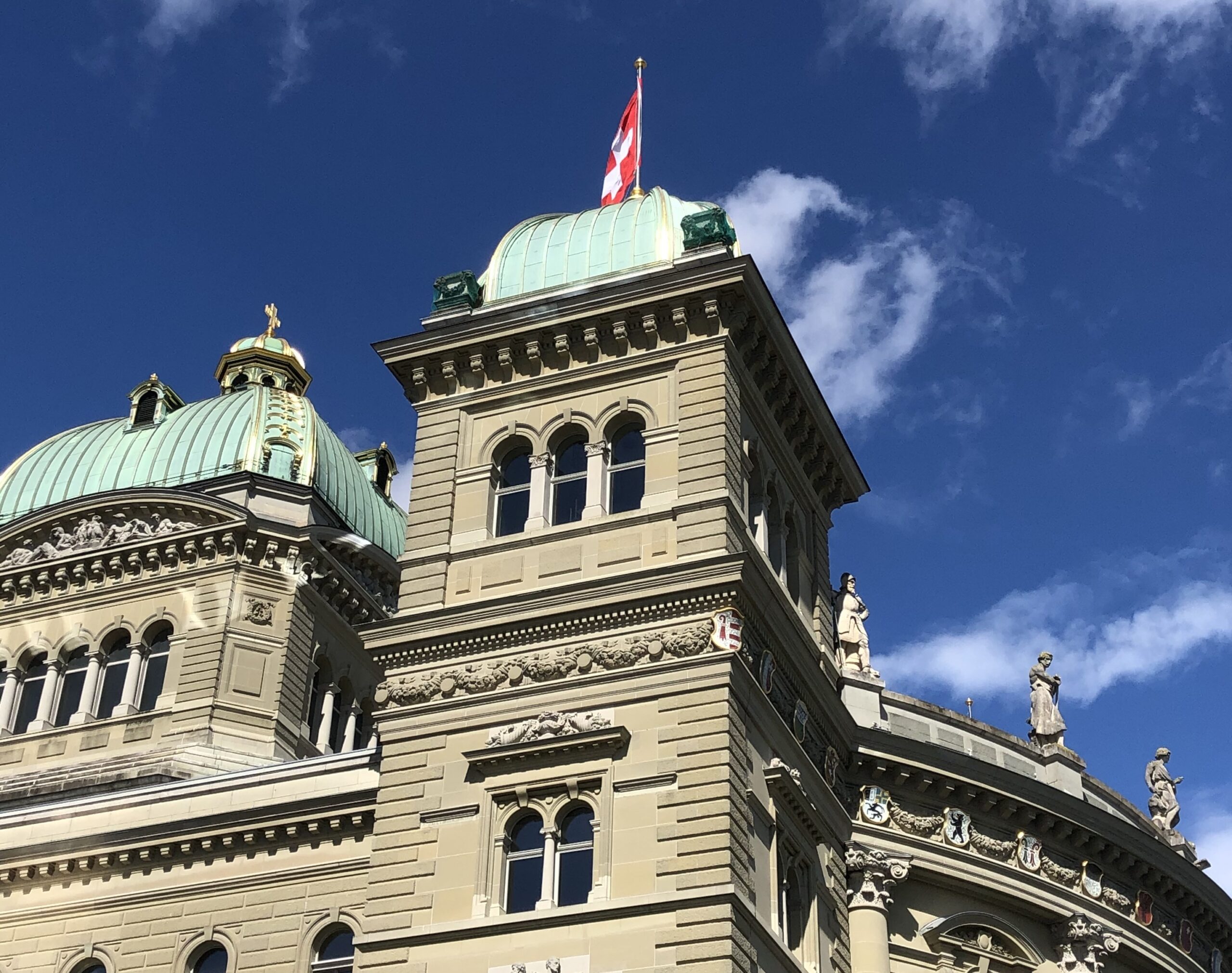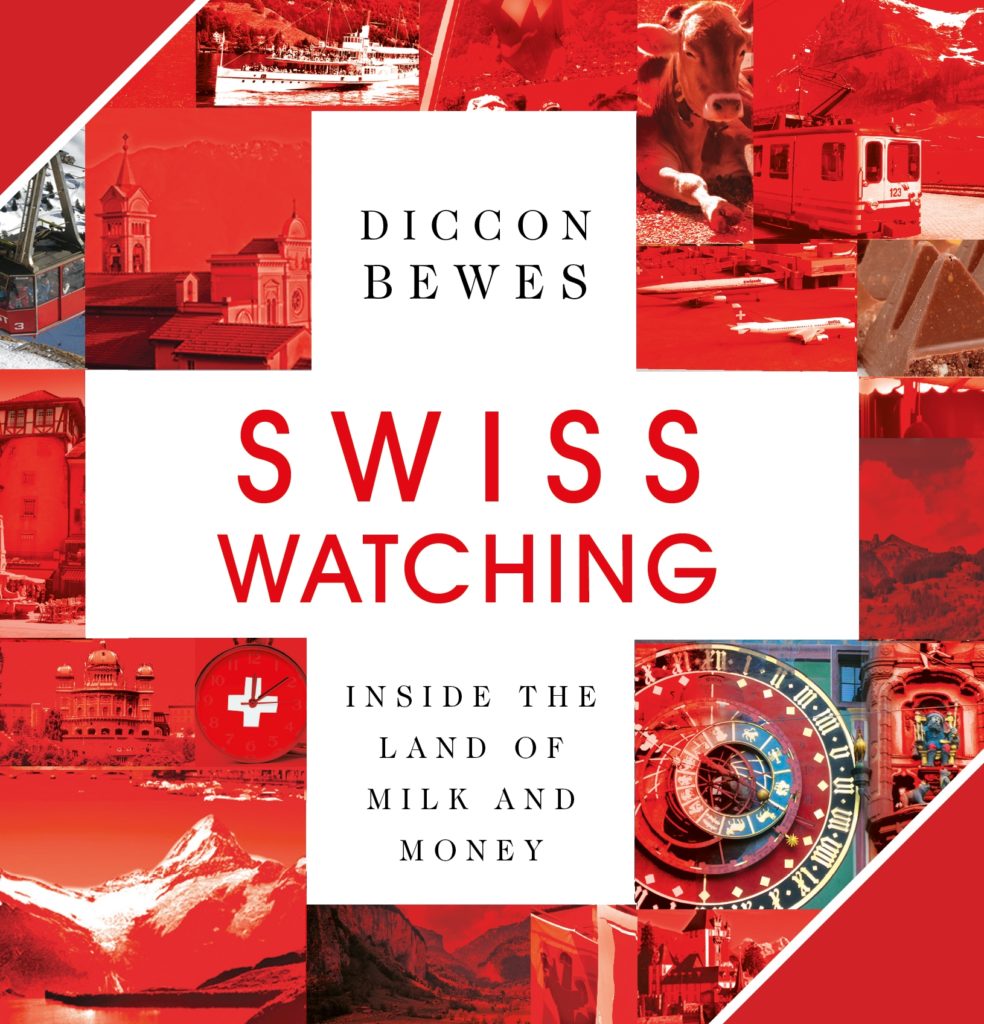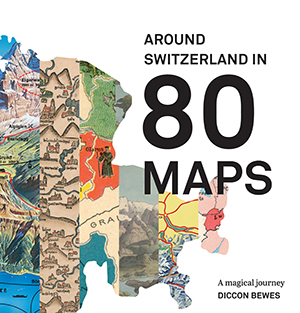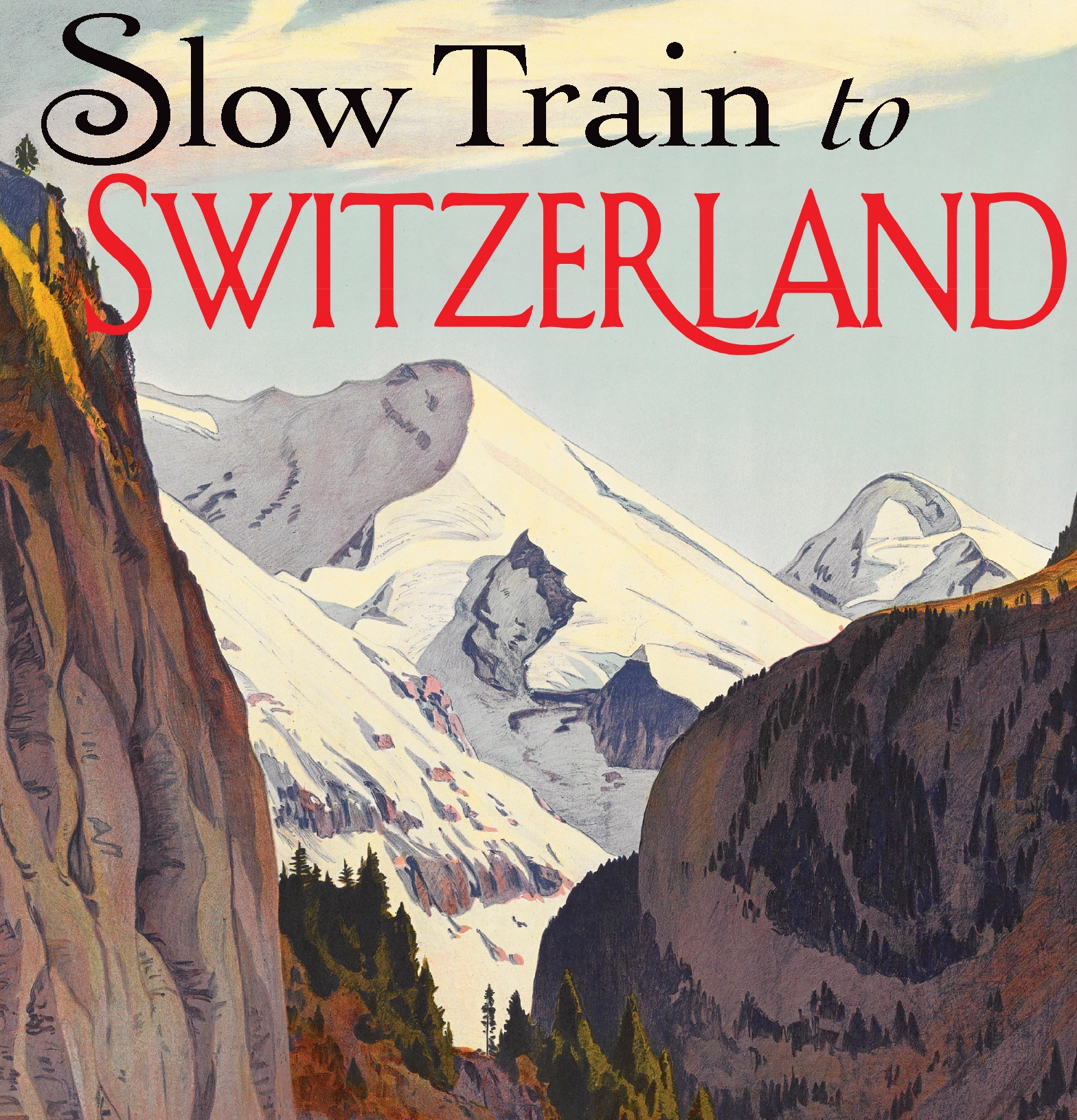Even the Swiss can get lost in translation
October 27, 2010, 4 Comments
There was a lovely story in the newspaper last week, which proved that not all Swiss are multilingual perfectionists. Two researchers found that in the French version of the Appendix to the Swiss Federal Constitution, the placename Zug (a Swiss canton and city) had been wrongly translated – as Train, which is the literal meaning of the German word Zug. Oops!
Clearly the city of Zug predates the locomotive by about 600 years, and has a perfectly good French name, Zoug, as well as an Italian one, Zugo. Unlike English words, such as rugby and sandwich (which were derived from placenames), it seems that Zug (the place) has nothing to do with the German rail industry. It’s just a coincidence, and rather an unfortunate one for the translator who didn’t know the difference. What’s more, the current Federal Constitution dates back to 1999, so Canton Train has been around for 11 years unnoticed. Luckily the constitution doesn’t mention the town of Thun, as that means tuna in German. Odd name for a place 500km from the sea.
Part of the problem is that many places in multilingual Switzerland have more than one name. Take Geneva, which is called Genève, Genf, Ginevra or Genevra is the four national languages. Those are all similar enough to be recognisable, but Solothurn on the other hand becomes Soleure in French and Soletta in Italian. At least the English names aren’t too mangled, unlike many Italian cities – whoever thought Livorno should be called Leghorn? In general, the British preferred French to German, so it’s Neuchâtel not Neuenburg (and certainly never Newcastle) and Valais not Wallis. But even that has changed with the times. Talking now in English about Argovia, Grisons and Thurgovia is about as modern as using Ceylon, Siam and Rhodesia. And most English guidebooks have quietly dropped the -e from Bern(e) and switched to Basel, reflecting the fact that they are German-speaking cities.
Of course not every place in Switzerland has multiple names. It’s mainly the cantons, the big cities, and towns along the linguistic borders. So here are some of the more common ones; the normal English variation is given first (just so you know where I am talking about) and then the others are colour coded if they differ from that: red for German, blue for French, green for Italian and sometimes purple for Romansh.
Cantons (also the capital, where appropriate)
- Schaffhausen, Schaffhouse, Sciaffusa
- Thurgau, Thurgovie, Turgovia
- Aargau, Argovie, Argovia
- Glarus, Glaris, Glarona
- Graubünden, Grisons, Grigioni
- Schwyz, Schwytz, Svitto
- St Gallen, Sankt Gallen, St Gall, San Gallo, Sogn Gagi
- Bern, Berne, Berna
- Basel, Bâle, Basilea
- Zurich, Zürich, Zurigo, Turitg
- Valais, Wallis, Vallese
- Vaud, Waadt
- Fribourg, Freiburg, Friburgo
- Ticino, Tessin, Tessin
Cities, towns & villages
- Kerzers, Chiètres
- Ins, Anet
- Murten, Morat
- Thun, Thoune
- Saanen, Gessenay
- Chur, Coire, Coira, Cuira
- St Moritz, Sankt Moritz, San Murezzan
- Gruyères, Greyerz
- Sion, Sitten
- Lausanne, Losanna
Even famous natural features can’t escape. That icon of Swiss mountains, the Matterhorn, becomes Cervin and il Cervino, while the River Rhone is Rodano. And the Rhine has as many names as tributaries: Rhein, Rhin, Reno, Rain. It’s a wonder the Swiss don’t get completely lost travelling around their own country. Speaking of which, I’m off to Lucerne (Luzern, Lucerna) for a reading of my book. In English.












 Follow on Facebook
Follow on Facebook Follow on Twitter
Follow on Twitter Subscribe by RSS
Subscribe by RSS Contact me directly
Contact me directly Global Solutions Inc.
Global Solutions Inc.
4 Comments on "Even the Swiss can get lost in translation"
This is absolutely hilarious. Keep up the good work!
This may be this blog’s greatest piece on the web
Thank goodness some bloggers can write. Thanks for this read!!
Trackbacks for this post